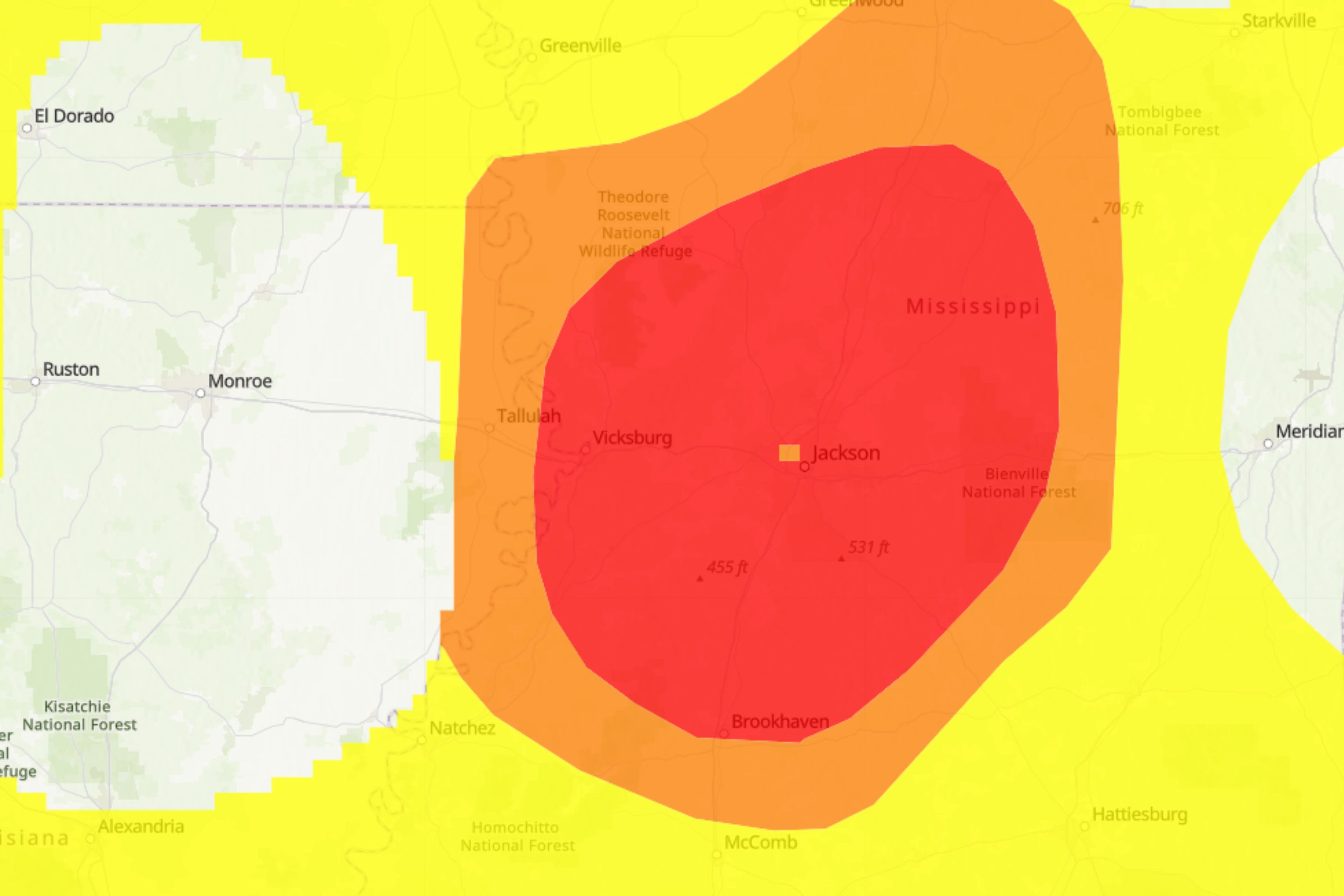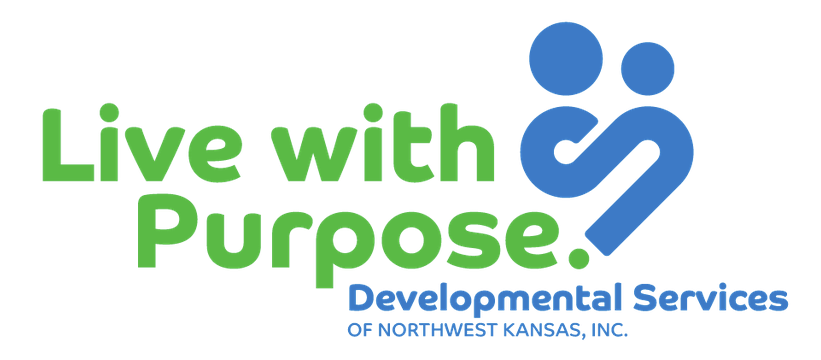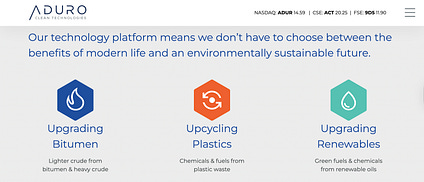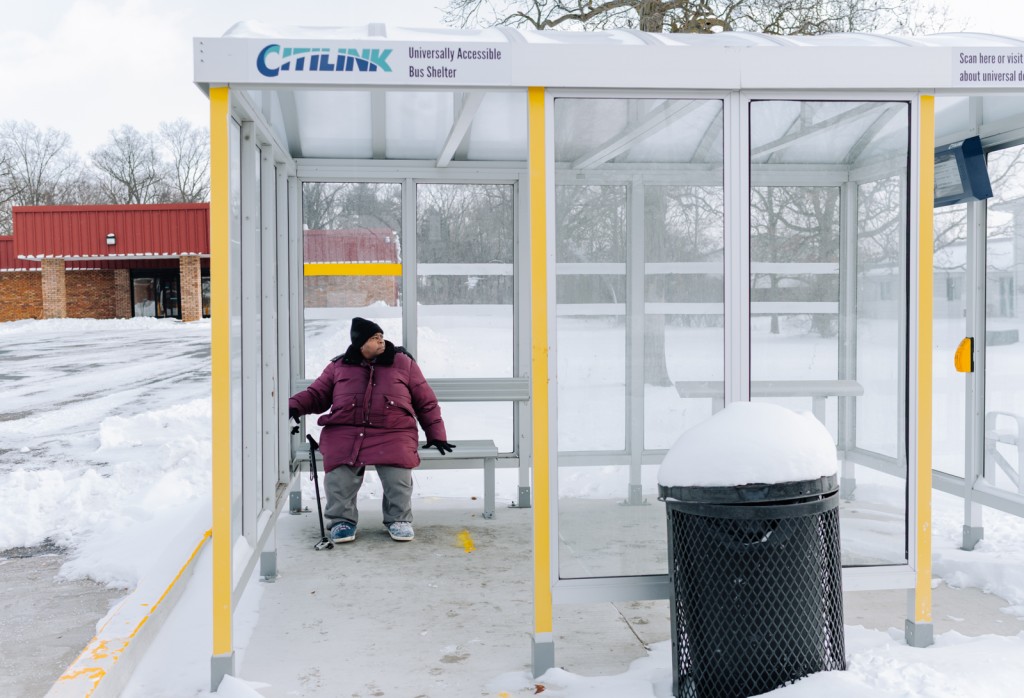Zambia Masterclass on Climate Resilient Infrastructure Public-Private Partnerships – Global Center on Adaptation
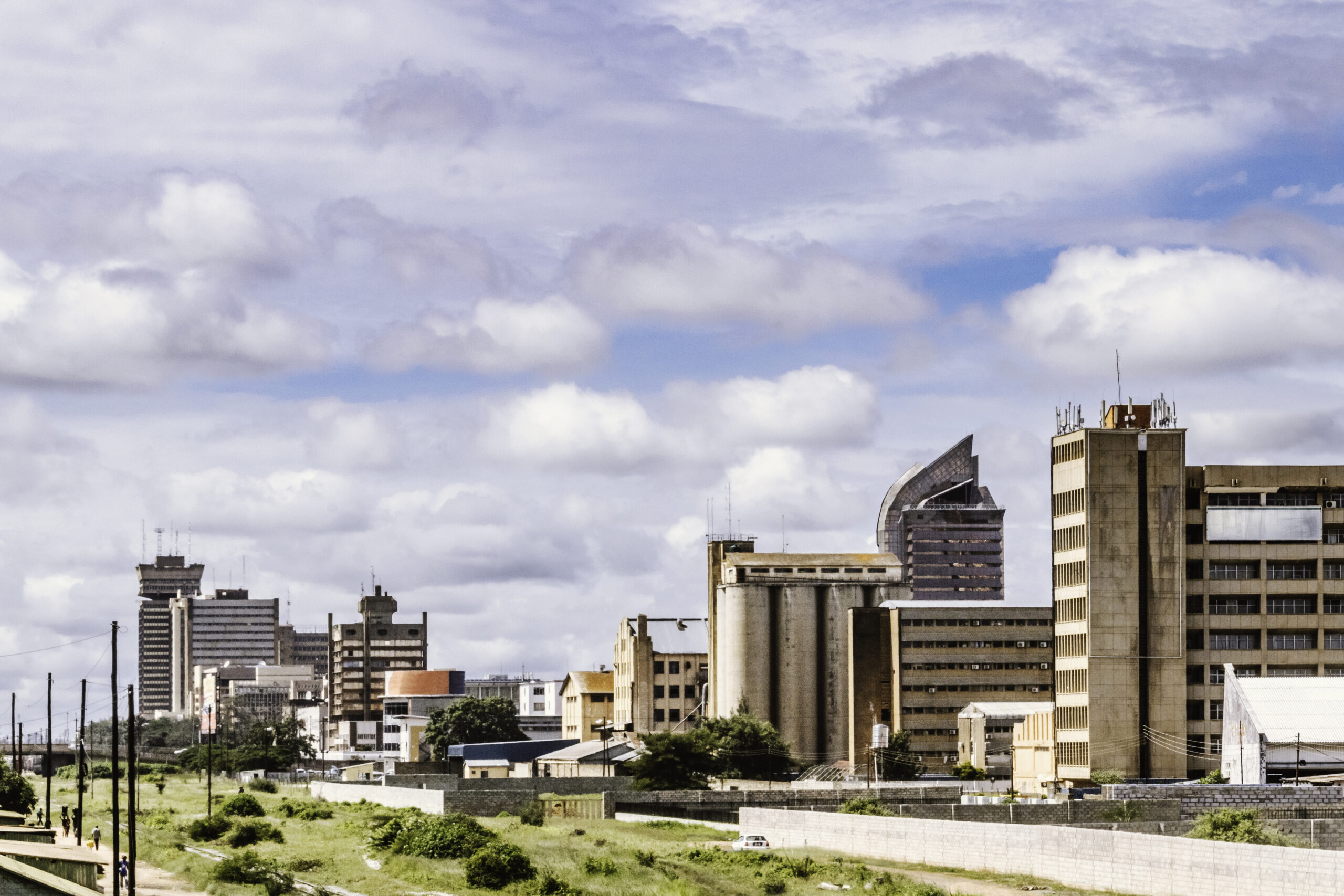
Report on the Masterclass for Climate Resilient Infrastructure and Sustainable Development Goals
Event Overview
- Event Title: Masterclass on Climate Resilient Infrastructure Public-Private Partnerships
- Dates: 5 to 7 November 2025
- Location: Lusaka, Zambia
- Organizing Bodies: The Global Center on Adaptation (GCA), the World Bank, the Zambia PPP Unit, and the International Coalition for Sustainable Infrastructure (ICSI).
Core Objectives and SDG Alignment
The three-day program is designed to build capacity in integrating climate resilience into the lifecycle of infrastructure projects developed through Public-Private Partnerships (PPPs). The masterclass directly supports the achievement of several key Sustainable Development Goals (SDGs).
- Advancing SDG 9 (Industry, Innovation, and Infrastructure): The primary focus is on developing high-quality, reliable, sustainable, and resilient infrastructure through innovative PPP models.
- Strengthening SDG 13 (Climate Action): Participants will learn to conduct climate risk assessments and integrate adaptation measures, strengthening resilience and adaptive capacity to climate-related hazards.
- Supporting SDG 11 (Sustainable Cities and Communities): By promoting climate-resilient infrastructure, the program contributes to making cities and human settlements inclusive, safe, resilient, and sustainable.
- Fostering SDG 17 (Partnerships for the Goals): The event itself is a multi-stakeholder partnership, demonstrating the collaborative action required to finance and implement sustainable development projects across Africa.
Program Structure and Curriculum
The curriculum combines theoretical frameworks with practical application through a series of interactive modules, case studies, and group exercises. Key areas of focus include:
- Climate Risk and Vulnerability Assessment: Providing participants with the tools to identify and evaluate climate-related risks to infrastructure investments.
- Adaptation and Resilience Integration: Offering practical guidance on integrating climate resilience options throughout the PPP project lifecycle, from initial appraisal and tendering to contract management.
- Financing and Policy for Sustainable Infrastructure: Sharing expert insights on financing mechanisms and policy alignment necessary to support the delivery of climate-smart infrastructure, in line with global sustainability targets.
Collaborative Framework for Sustainable Development
The partnership between GCA, the World Bank, the Zambia PPP Unit, and ICSI exemplifies the collaborative approach championed by SDG 17. This initiative leverages international expertise and local knowledge to enhance regional capacity. The ultimate goal is to equip participants with the skills to design, evaluate, and implement infrastructure projects that are not only economically viable but also environmentally sustainable and socially inclusive, thereby contributing directly to the 2030 Agenda for Sustainable Development in Africa.
Analysis of the Article in Relation to Sustainable Development Goals
1. Which SDGs are addressed or connected to the issues highlighted in the article?
-
SDG 9: Industry, Innovation and Infrastructure
- The article’s central theme is the development of “climate resilient infrastructure.” This directly relates to building robust and sustainable infrastructure, which is the core of SDG 9. The masterclass aims to improve the quality and resilience of infrastructure projects in Zambia.
-
SDG 11: Sustainable Cities and Communities
- By focusing on resilient infrastructure, the article implicitly addresses the need to make human settlements safer and more sustainable. Resilient infrastructure is a critical component for protecting communities from climate-related shocks and ensuring the long-term viability of urban and rural areas.
-
SDG 13: Climate Action
- This is a primary focus of the article. The masterclass is explicitly designed to “integrate climate resilience considerations,” conduct “climate risk assessments,” and identify “adaptation options.” This directly contributes to strengthening resilience and adaptive capacity to climate-related hazards.
-
SDG 17: Partnerships for the Goals
- The event itself is a multi-stakeholder partnership, involving the Global Center on Adaptation (GCA), the World Bank, the Zambia PPP Unit, and the International Coalition for Sustainable Infrastructure (ICSI). Furthermore, the entire program is centered on the concept of “Public-Private Partnerships (PPPs),” which is a key mechanism for achieving the SDGs as highlighted in SDG 17.
2. What specific targets under those SDGs can be identified based on the article’s content?
-
Target 9.1: Develop quality, reliable, sustainable and resilient infrastructure
- The article directly supports this target by focusing on training participants to “integrate climate resilience considerations into the design, development, and management of infrastructure projects” and deliver “sustainable, climate-smart infrastructure.”
-
Target 11.b: By 2020, substantially increase the number of cities and human settlements adopting and implementing integrated policies and plans towards inclusion, resource efficiency, mitigation and adaptation to climate change, resilience to disasters
- The masterclass provides practical guidance and tools for integrating climate resilience throughout the project lifecycle, which is a foundational step for implementing policies and plans aimed at building disaster resilience in communities.
-
Target 13.1: Strengthen resilience and adaptive capacity to climate-related hazards and natural disasters in all countries
- The program’s objective is to “strengthen the resilience of infrastructure investments to climate change.” It teaches practical skills like conducting “climate risk assessments” and identifying “adaptation options,” which are essential for enhancing adaptive capacity.
-
Target 13.3: Improve education, awareness-raising and human and institutional capacity on climate change… adaptation, impact reduction
- The three-day masterclass is a direct capacity-building initiative. It aims to enhance the “ability to design, evaluate, and implement climate-resilient infrastructure projects,” thereby improving human and institutional capacity in Zambia.
-
Target 17.17: Encourage and promote effective public, public-private and civil society partnerships
- The article’s entire framework is built on Public-Private Partnerships (PPPs). The masterclass is specifically for “Climate Resilient Infrastructure Public-Private Partnerships,” directly promoting this model of collaboration for sustainable development.
3. Are there any indicators mentioned or implied in the article that can be used to measure progress towards the identified targets?
-
Implied Indicator for Target 9.1: Proportion of new infrastructure projects incorporating climate resilience considerations.
- While not explicitly stated, the success of the masterclass can be measured by the number or proportion of future PPP infrastructure projects in Zambia that apply the taught principles of climate risk assessment and resilience integration.
-
Implied Indicator for Target 13.3: Number of people and institutions trained in climate change adaptation.
- The article describes a “three-day program” for “participants.” A direct measure of progress is the number of professionals and officials who complete the masterclass, thereby strengthening Zambia’s institutional capacity for climate adaptation.
-
Implied Indicator for Target 17.17: Number of sustainable development projects supported by public-private partnerships.
- The training aims to facilitate the successful implementation of climate-resilient PPPs. An indicator of its impact would be an increase in the number of such partnerships being successfully tendered and managed, as mentioned in the article’s description of the project lifecycle.
4. Summary Table of SDGs, Targets, and Indicators
| SDGs | Targets | Indicators (Implied from Article) |
|---|---|---|
| SDG 9: Industry, Innovation and Infrastructure | 9.1: Develop quality, reliable, sustainable and resilient infrastructure. | Proportion of new infrastructure projects that integrate climate resilience into their design, development, and management. |
| SDG 11: Sustainable Cities and Communities | 11.b: Increase the number of cities implementing integrated policies and plans towards resilience to disasters. | Adoption of climate risk assessments and adaptation options in infrastructure project planning and management. |
| SDG 13: Climate Action | 13.1: Strengthen resilience and adaptive capacity to climate-related hazards. | Application of climate risk assessments and adaptation strategies in infrastructure investments. |
| 13.3: Improve education, awareness-raising and human and institutional capacity on climate change adaptation. | Number of participants/institutions trained and with enhanced ability to design and implement climate-resilient projects. | |
| SDG 17: Partnerships for the Goals | 17.17: Encourage and promote effective public, public-private and civil society partnerships. | Number of climate-resilient infrastructure projects implemented through Public-Private Partnerships (PPPs). |
Source: gca.org
What is Your Reaction?
 Like
0
Like
0
 Dislike
0
Dislike
0
 Love
0
Love
0
 Funny
0
Funny
0
 Angry
0
Angry
0
 Sad
0
Sad
0
 Wow
0
Wow
0
